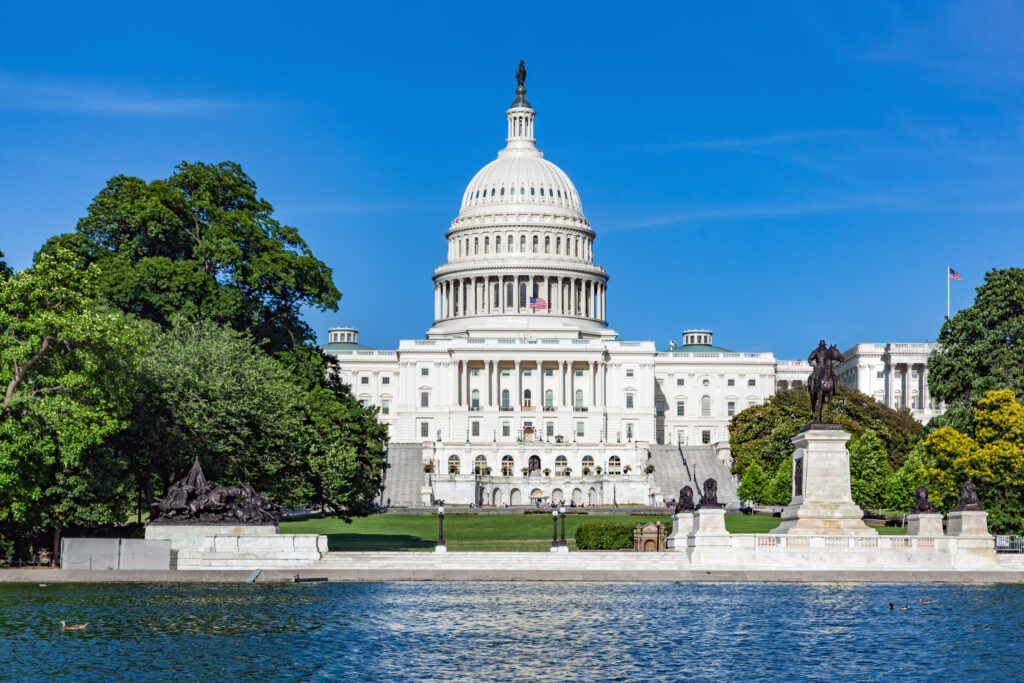As if their feet were set in concrete, congressional Republicans and Democrats are solidly entrenched in their opposing beliefs about government funding – and come midnight tonight, the federal government is expected to shut down unless an agreement is reached to fund it.
Looking ahead, federal agencies have contingency plans in place, although in some cases, a lack of funding would almost certainly impact some services.
Essentially, the stumbling block pitting Republicans against Democrats comes down to a stopgap spending bill to keep the lights on and the government funded through November.
On the other hand, Democrats indicated that they would eliminate for consideration their demand to include healthcare subsidies, such as those allotted under the Patient Protection and Affordable Care Act (PPACA), poised to expire at the end of 2025.
According to the Associated Press (AP), research and patient care at the National Institutes of Health (NIH) could be impacted. The AP reports that patient already enrolled in research programs will continue to receive care, although sick patients who might be expecting access to experimental therapies might not gain admission.
Payments for Medicare and Medicaid services are expected to continue, although a government shutdown could result in delays. The U.S. Department of Health and Human Services (HHS) has indicated that payments from the Children’s Health Insurance Program (CHIP) to eligible states will continue.
Meanwhile, the Centers for Disease Control and Prevention (CDC), which has been the topic of media attention recently, expects that half of its work population could be furloughed as a result of a government shutdown, according to the AP.
The elephant in the room is telehealth. Most healthcare authorities believe that telehealth will likely be impacted by a government shutdown.
“The uncertainly about telehealth puts telehealth physicians and telehealth support companies in a very difficult position,” said Ronald Hirsch, MD, in an email to RACmonitor.
Hirsch, a regular panelist and editorial contributor to RACmonitor, is also vice president of the Regulations and Education Group with R1 RCM Inc. Physician Advisory Solutions.
“Do they continue to provide services to Medicare beneficiaries, hoping that when a bill is finally passed … the coverage will be retroactive to October 1?” Hirsch asked. “Or do they pause their telehealth services, pivoting back to in person care, if that is even an option for them, as some doctors now have given up their office practice?”
According to historians, the last shutdown occurred during President Trump’s first term, lasting 35 days.
Meanwhile, I called my provider (Kaiser-Permanente), and my appointment tomorrow has not been canceled. At least, that what the pleasant lady said on the phone, as she hadn’t heard anything about a shutdown from her boss.













